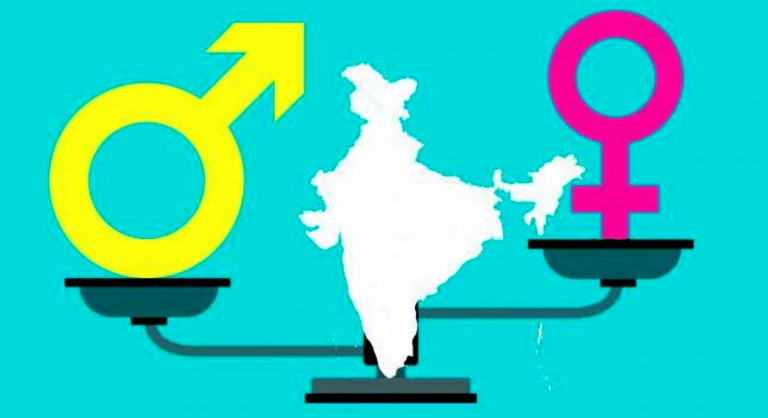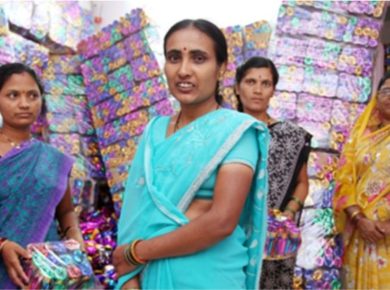The World Economic Forum’s Gender Gap Report, published on Tuesday, showed that India has fallen by four places, from its 108th position, to rank 112th on the global gender gap index. The country fared poorly in women’s health and survival and economic participation, thereby ranking in the bottom-five positions in both categories.
While Iceland continues to be the most gender-neutral country in the world, India is now lagging behind China (106th), Sri Lanka (102nd), Nepal (101st), Brazil (92nd), Indonesia (85th), and Bangladesh (50th). The last three positions are occupied by Pakistan (151st), Iraq (152nd), and Yemen (153rd).
India had held the 98th position in the first gender gap report published by WEF, in 2006. However, since then, itsscorehas worsened in some of the categories that were evaluated to derive the final ranking. While India now ranks18th in political empowerment, it has slipped to the 150th position in health and survival, 149th in economic participation and opportunity, and 112th in educational attainment.
The report shows that economic opportunities for women in India are significantly low in India, at 35.4 %, along with representation on company boards, at 13.8 %. India also has low sex ratios at birth,averaging at 91 girls for every 100 boys. Furthermore, only 25% of women are active members of the country’s labour force, compared to 82 % of men. This has earned India one of the lowest ranks, globally, at the 145th position.
In addition, the estimated earned income for women is only one-fifth of the male income, which has also earned it a rank among the world’s lowest, at the 144th position. Women also occupy only 14 % of leadership positions, and 30 % of professional and technical positions.
The reason behind its much more favourable ranking in political empowerment is that the country had been headed by a woman for 20 of the last 50 years, and female political representation in the country today is as low as 14.4 % of Parliament and 23 % of the cabinet, earning it the 122nd and 69th ranks, globally.
Klaus Schwab,the founder and executive chairman of WEF, said, “Supporting gender parity is critical to ensuring strong, cohesive and resilient societies around the world. For business, too, diversity will be an essential element to demonstrate that stakeholder capitalism is the guiding principle.”










